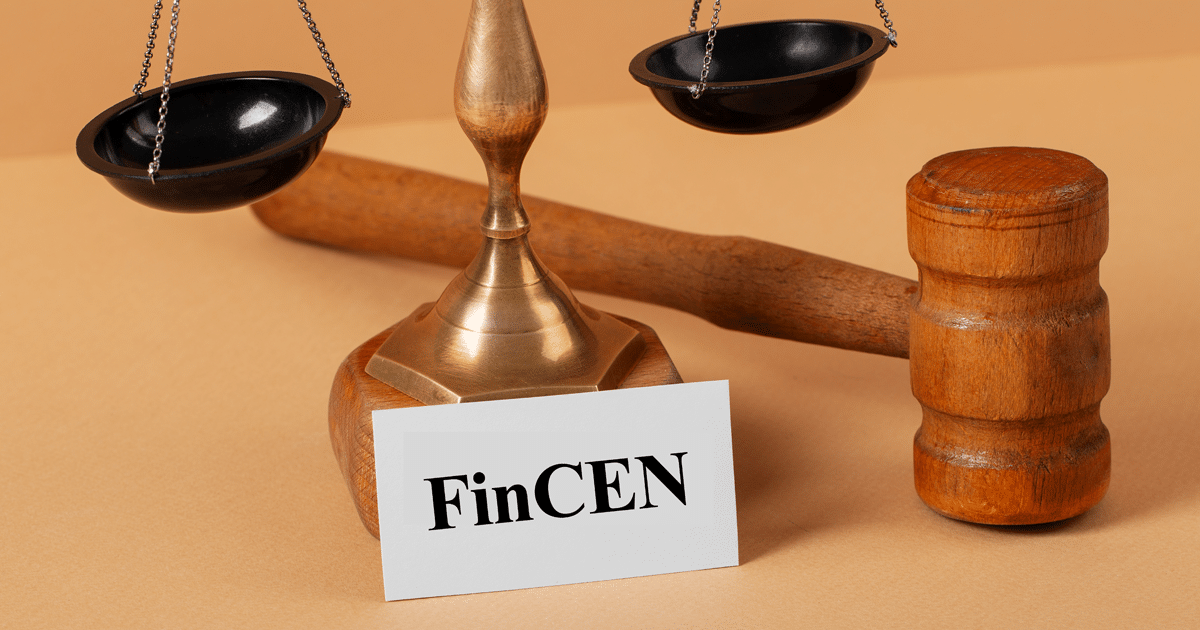Managing Inherited Property for Minors
May 8, 2024

In the intricate process of probate, questions often arise regarding the management of inherited property, particularly when minors are involved. Understanding the legal framework governing such situations is essential for ensuring the smooth management and protection of assets. In this article, we delve into the intricacies of managing inherited property for minors within the probate context.
Legal Considerations and State Laws
When a minor inherits property from an estate, the responsibility for its management typically falls upon their parent or a designated legal property manager, such as a custodian or trustee. However, the handling of inherited property varies depending on its value and the applicable state laws.
If the inherited property holds a relatively modest value, typically under a few thousand dollars, state laws may permit the minor’s parent to assume control of the property without the need for court supervision. This streamlined process acknowledges that certain assets may not warrant extensive oversight and entrusting them to a parent can efficiently serve the minor’s interests.
However, when the inherited property carries substantial value, such as real estate or an investment account, the legal landscape becomes more intricate. In such cases, state laws often mandate that an adult entrusted with the property must obtain authorization through specific legal instruments, including a will, trust, or court order.
Role of Custodians, Trustees, and Legal Guardians
A custodian, trustee, or another appointed manager or guardian assumes the responsibility of managing the property on behalf of the minor. Their role is to act in the minor’s best interest, safeguarding the assets and ensuring their proper management until the minor reaches the age of majority or until their authority expires, as specified by law.
The appointment of a custodian or trustee brings an added layer of protection and expertise to the management of inherited property. These individuals are bound by fiduciary duties, requiring them to exercise diligence, prudence, and loyalty in managing the assets entrusted to them. Their decisions must prioritize the minor’s welfare and financial well-being above all else.
Moreover, the legal framework surrounding the management of inherited property for minors offers flexibility to adapt to the unique circumstances of each case. For instance, in situations where a minor inherits complex assets or substantial wealth, establishing a trust can provide enhanced protection and tailored management strategies.
Expert Guidance
At Lawvex, we specialize in probate and estate planning, offering expert guidance to individuals and families facing the challenges of managing inherited property for minors. Our experienced team is here to provide personalized advice and tailored solutions to meet your specific needs.
If you have any questions or require assistance with probate matters, we invite you to contact us for a consultation. Let us help you navigate the complexities of probate with clarity and confidence, ensuring the protection of your assets and the well-being of your loved ones.


